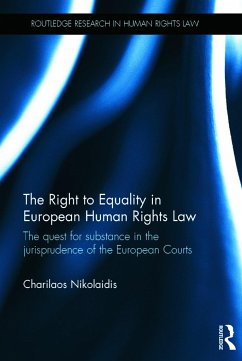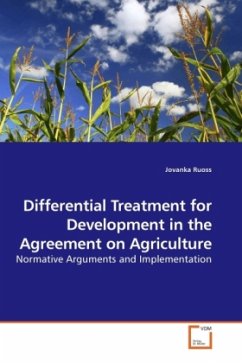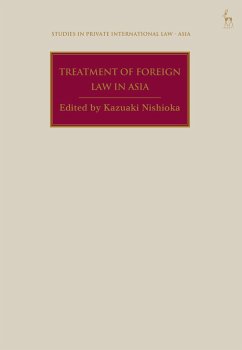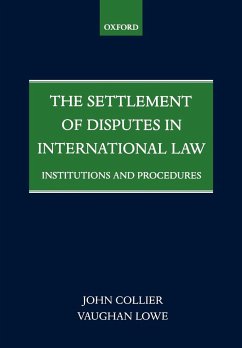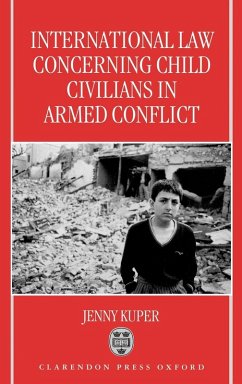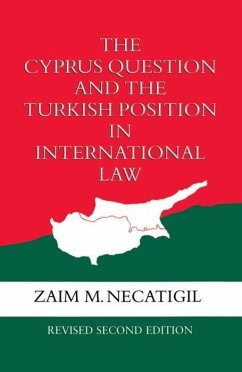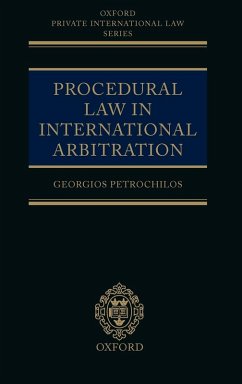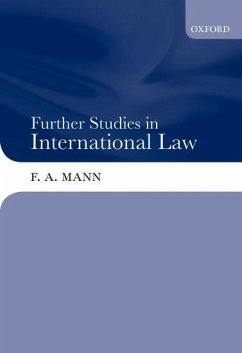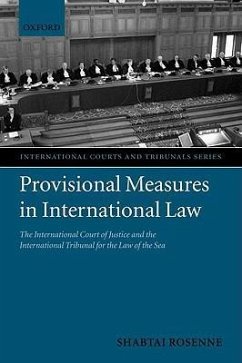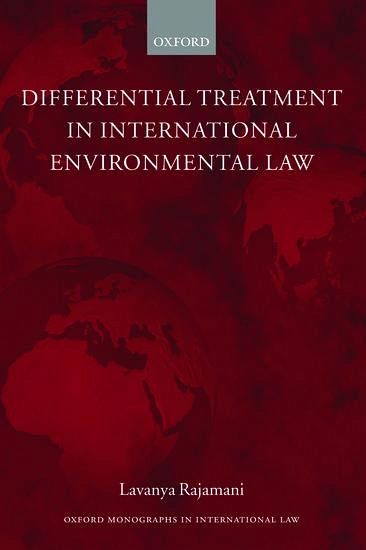
Differential Treatment in International Environmental Law
Versandkostenfrei!
Versandfertig in 1-2 Wochen
182,99 €
inkl. MwSt.

PAYBACK Punkte
91 °P sammeln!
The history of international environmental dialogue is a history of conflict between developing and industrial countries encompassing the framework, nature, and agenda of international environmental law. The conflict is focused on who should take responsibility, in what measure, and under what conditions to contain global environmental degradation. In the face of inequality in resources and contributions to global environmental degradation, sovereign states have crafted a burden sharing arrangement rooted in differential treatment. Differential treatment refers to the use of norms that provide...
The history of international environmental dialogue is a history of conflict between developing and industrial countries encompassing the framework, nature, and agenda of international environmental law. The conflict is focused on who should take responsibility, in what measure, and under what conditions to contain global environmental degradation. In the face of inequality in resources and contributions to global environmental degradation, sovereign states have crafted a burden sharing arrangement rooted in differential treatment. Differential treatment refers to the use of norms that provide for different, more advantageous, treatment to some states. Real differences exist between states, and the norms of differential treatment recognize and respond to these differences by instituting different standards for different states or groups of states. This book explores the value of differential treatment in integrating developing countries into international environmental regimes. It systematically categorizes and analyses the terms of integration, respecting differential treatment across new generation environmental treaties. It ferrets out the philosophical and practical bases for differential treatment in environmental treaties, and creates a framework within which differential treatment can be assessed. It suggests certain boundaries to differential treatment in international environmental law, and explores in detail the reach of differential treatment in the climate regime. The conflict between industrial and developing countries has thus far significantly impaired the ambition of the international environmental agenda. The relevance of this book lies in its ability to provide a principled framework within which the conflict between industrial and developing countries in the international environmental realm can be examined and resolved.





